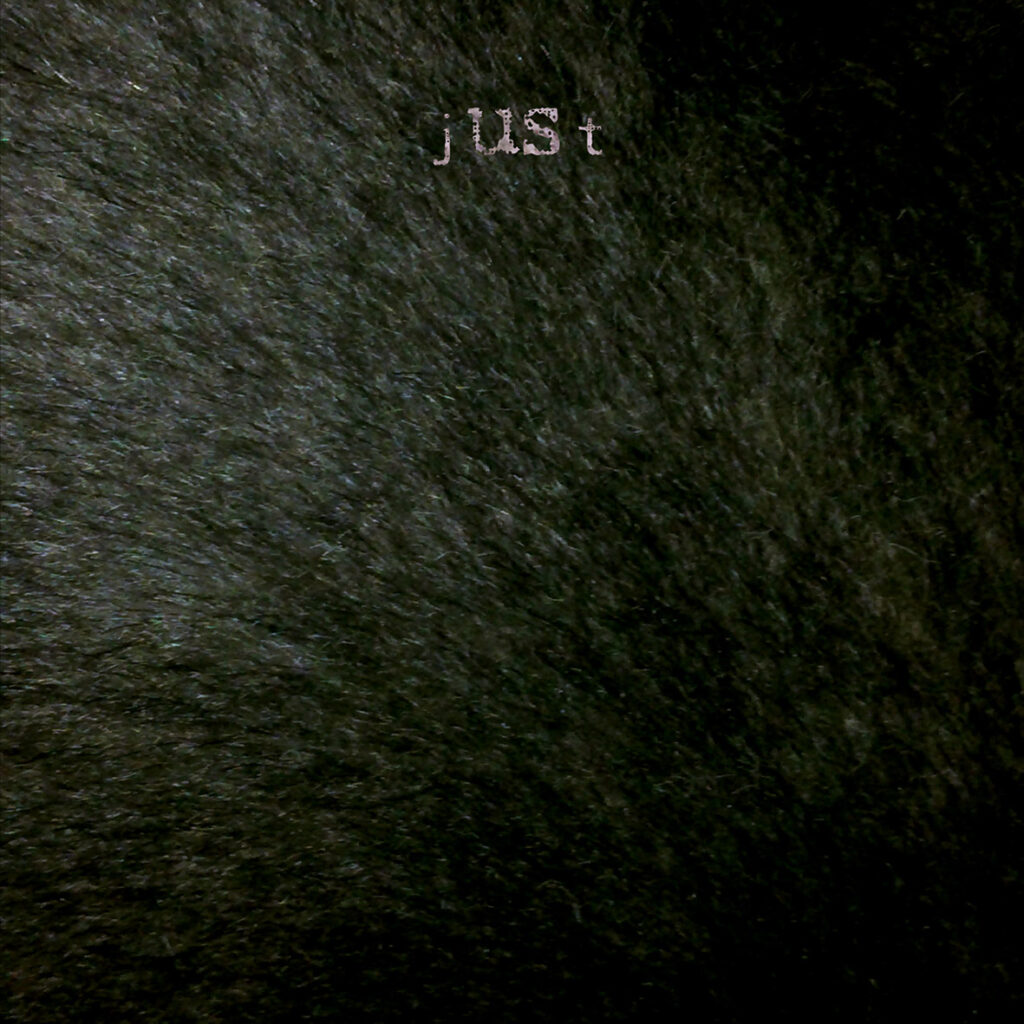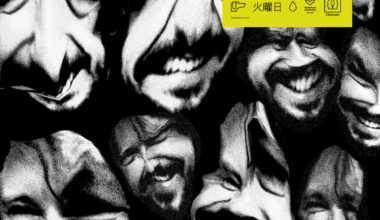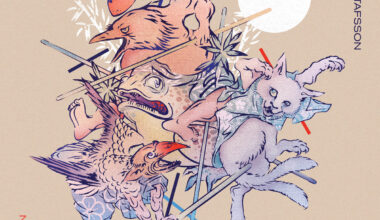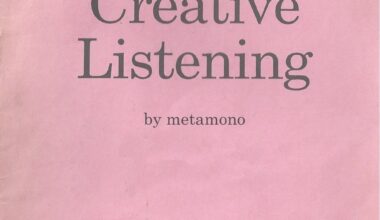New material from the Péron/Diermaier version of group is a series of “music foundations” designed for others to build upon

Of all the groups that arose almost simultaneously in the late 1960s and early 1970s in West Germany to comprise the krautrock phenomenon, Faust are among the most important and most often overlooked. Yet not only is their story a remarkable one but, with the exception of the 1980s, when they disappeared altogether, they are the most long-lived and consistent in pushing ferociously back at the avant garde envelope.
In the 1970s, Faust had two huge bites at the commercial cherry, both of which they spurned with their resolutely anti-commercial output. Assembled from two previous groups by the journalist Uwe Nettelbeck, they were originally signed by Polydor in Germany, in the hope that they might transmogrify into a “German Beatles”. However, the band members refused to be moulded into any such thing, instead embarking on two albums of Dadaist/electronic/free improvised/pastoral/brutalist rock.
These albums, ‘Faust’ and ‘So Far’, made legends of the group feted by John Peel, Julian Cope, Jim Kerr and Ian McCulloch, among others. They were swiftly dropped by Polydor, only for Richard Branson to invite them to join his fledgling Virgin label as he sought to grab himself a piece of the krautrock action. Faust never took to Branson, Virgin’s famous Manor Studio or English food, however, and they parted company. That was more or less that, until they re-emerged in the mid-1990s with new material and pyrotechnic live performances that demonstrated their ancestral link to Einstürzende Neubauten.
Artistic differences saw the band later split into two different Fausts, one led by Hans-Joachim Irmler, the other by Jean-Hervé Péron and Werner “Zappi” Diermaier. But even as their krautrock contemporaries have given way to more commercial styles, semi-retirement or the Grim Reaper, the remaining active Faust members press on. And so to ‘Just Us’, the work of the Péron and Diermaier camp. True to the Faust spirit, it is an extraordinary undertaking that defies comparison.
Indeed, it’s an impossible album to review in the conventional manner given its concept. Péron and Diermaier, whose first roles in Faust were as bassist and drummer, have laid down 12 “foundations”, which the listeners are advised to add to musically themselves, making their own overdubs using the various means of technology available to do so today. So tracks like ‘Nähmaschine’, with its ticking backdrop and tractor engine-like recurring drones, or ‘Nur Nous’, with its spare droplets of piano and curt, jazzy percussive phrases, are deliberately incomplete listening experiences. It’s for us to supplement them with our own musical thoughts and suggestions.
This is recognisably Faust, however. The cadences of Diermaier’s percussion will be familiar to long-term fans, while the billowing, burgeoning barrages of distorted noise on ‘80hz’ are a ghostly reminder of Faust’s past. And for those wishing merely to play a passive listening role rather than play the game, there is still much to please. Take ‘eeeeeeh…’, for example, which begins with a desolate trump as if on a prehistoric wind instrument, the sound then processed into a sampled, multi-track flurry. The link between notional ancient beginnings and futures as yet unheard that is implied here is key to Faust.
There’s something poignant too about the gaps that are an integral part of ‘Just Us’. You can’t help but think of the Faust members who have dropped away from the group, not only the estranged Irmler but also Rudy Sosna, who died in the 1980s and who Péron has described as the “genius” of Faust. You sense their vanished presence. More positively, ‘Just Us’ is representative of Faust’s general invitation to listeners and future generations to be inspired by their methodology and the template they have laid down, and that cries out for development as much now as it did in the 1970s.





